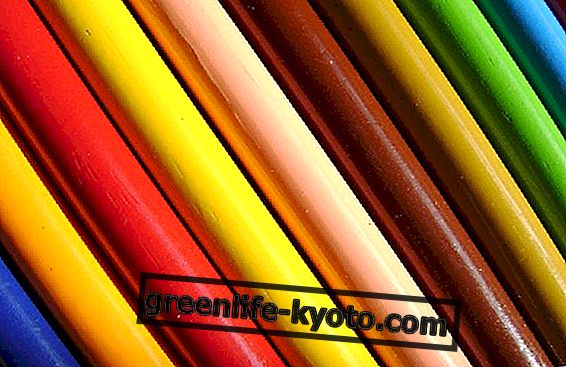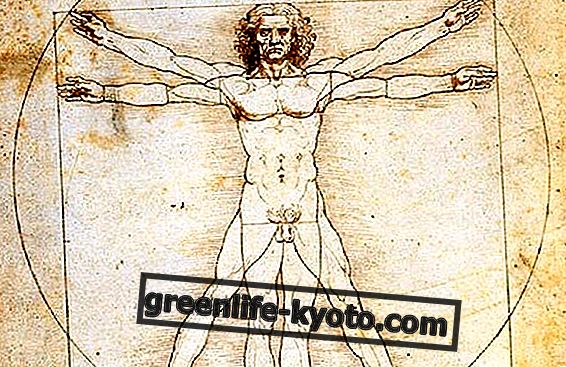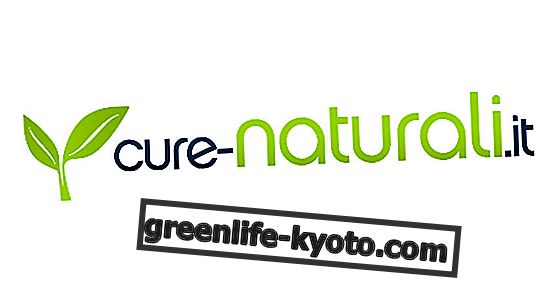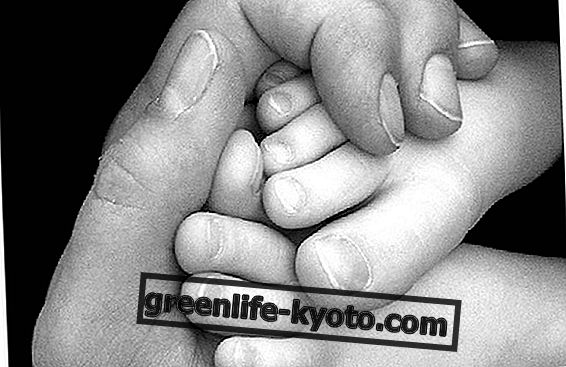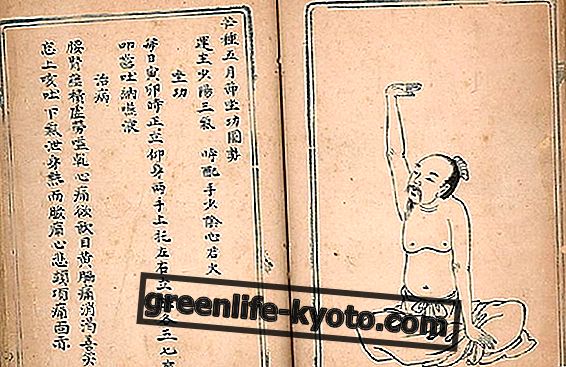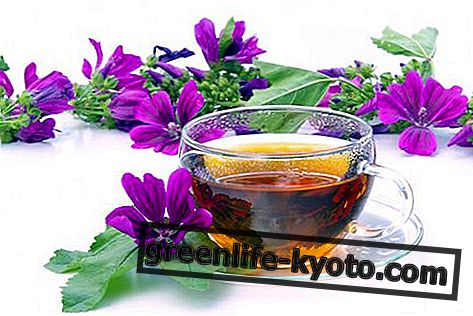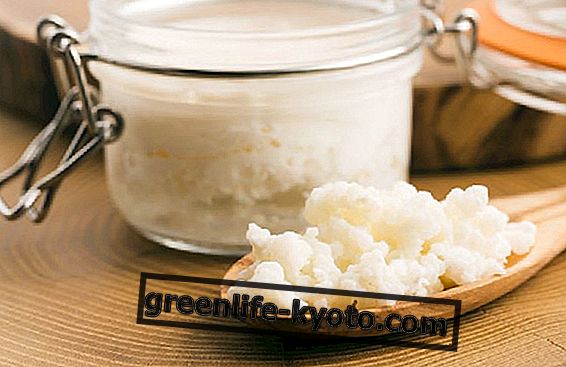
What is the production chain
By chain or production chain we mean the sequence of processing carried out in succession to transform the raw materials into finished products.
The various companies that carry out one or more activities of this chain are integrated with each other and, thanks to economic globalization, can be located in different countries or continents .
On the one hand, therefore, the production chain guarantees employment opportunities across the geographical boundaries and, in terms of the end consumer, expands the range of goods and services that can be purchased.
On the other hand, however, it can involve various environmental or social risk factors . In most cases, in fact, a company that markets a product with its own brand cannot closely monitor all the actors involved in the production . Indeed, it is not surprising that there are some who do not know directly.
The more complex the final product, the longer and more complex the supply chain is. Just think of technological devices such as computers and smartphones, which are made up of thousands of different components and materials.
But only if attention is paid to every step of production, avoiding exploitation or injustice, can the chain be defined as truly sustainable .
Consumers demand sustainability in the supply chain
Therefore, the company must make sure that every link in the chain works correctly on all fronts: choice of raw materials, working conditions of employees, responsibility towards the environment.
On the other hand, the consumer has the right to be correctly informed, in order to make purchases consistent with his ethics. Even a survey carried out by Report shows that end customers are increasingly demanding and do not hesitate to raise their voices to ask for appropriate guarantees.
Unfortunately, however, surveys that point the finger at heavy suppliers' inadequacies, or the failure to comply with internal company regulations are also increasingly frequent.
Jobs of the future: corporate sustainability check
As we can imagine, the question is not simple. Precisely for this reason, in recent years companies and professionals have been asserting themselves in charge of verifying all the processing phases, including making surprise inspections .
These controls, with the appropriate differences, can be performed in almost all sectors:
> among the most famous figures there is that of the traceability technician of the agri-food sector ;
> the made in Italy fashion keeps us more and more to give value to the brand also demonstrating its social and environmental responsibility;
> the building and construction industry has great potential, as illustrated by this analysis carried out by Green Building Council Italy.
The certification systems are very effective tools to verify that the chosen partners respect certain sustainability criteria. Regarding the environment, the standard in use is the ISO 14001: 2015 system.

